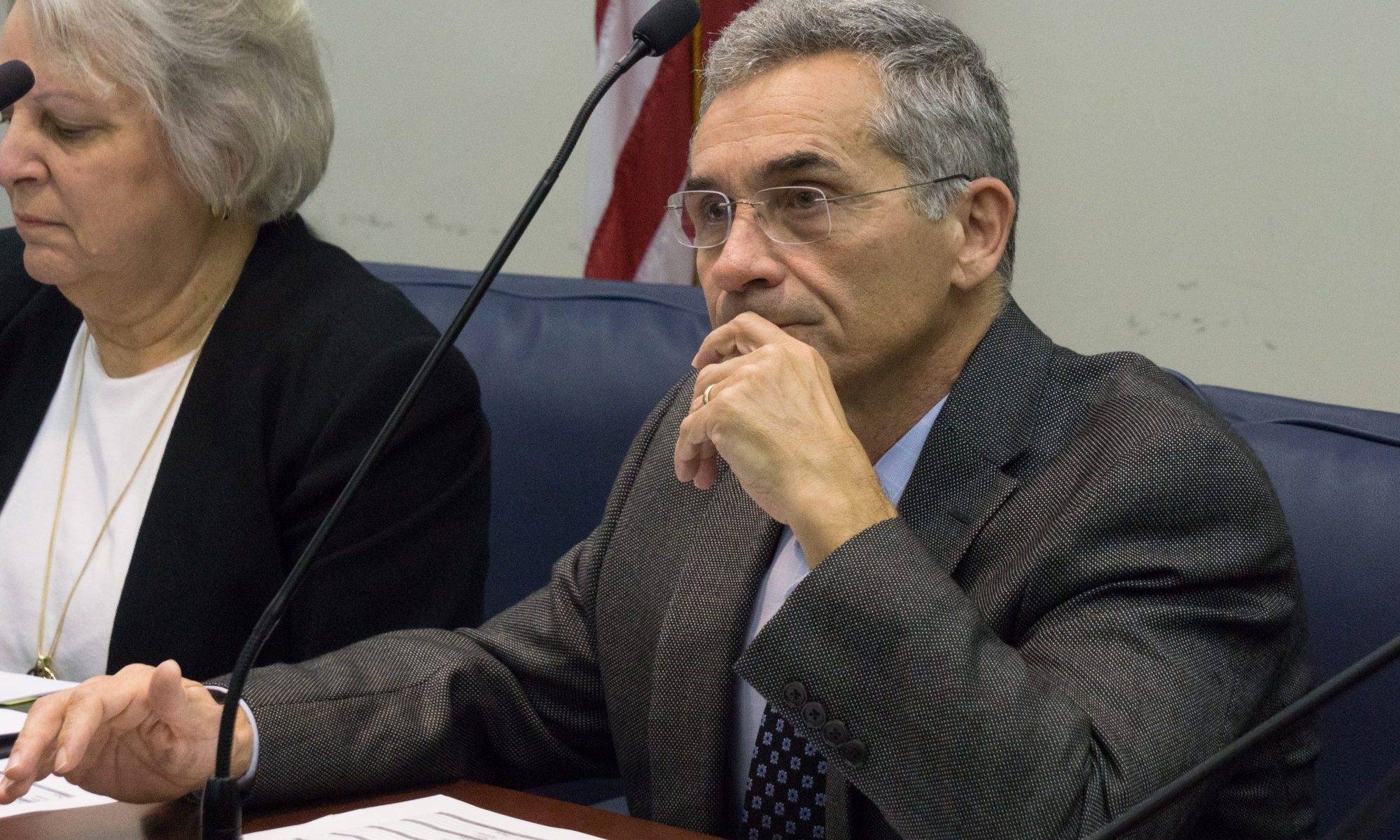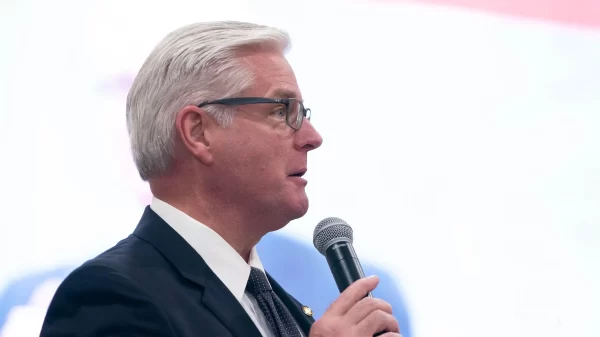Last week, economic development proposal, HB317, was left hanging while Republican Senate President Pro Tem Del Marsh met with Gov. Kay Ivey to discuss the bill’s future.
Bogged down in controversy, HB317 seeks to create a new class of individuals called economic development professionals who are exempt from state ethics laws. Currently, those who engage in such activities are held accountable to follow the rules as set under the Alabama Ethics Act.
On Monday, spokesmen for the governor’s office, Daniel Sparkman — responding to a request for comment from APR, said that Gov. Ivey remains committed to the passage of HB317, and that she made her wishes known to Marsh during their meeting last week. According to Ivey’s office, Marsh will, “keep working to get it [HB317] passed.”
Opinion | AG, commerce secretary hide real problem with economic development bill
It remains unclear if Ivey’s staff or her commerce secretary, Greg Canfield, has informed the governor of the disturbing section in HB317 which fashions a way around the revolving door act, or provided for “less than full time,” economic development professionals.
Those close to the process, given anonymity to speak on background, freely say Marsh became the bill’s champion when it failed to attract a Senate sponsor. APR learned that Marsh’s meeting with Ivey was due to questions surrounding the bill. “To punt on the bill by going to the governor is a strong indication that Marsh has problems with the proposed law,” said a source on the seventh floor of the State House.
At an irregular meeting of the Senate Fiscal Responsibility and Economic Development Committee, State Senator Trip Pittman, R-Montrose, said that the Ethics Commission staff had the opinion that economic developers met the definition of lobbyists, as reported by APR’s Brandon Moseley last week. “I have tremendous concerns about parts of this,” Pittman said. “If you engage people for money, you are lobbying.”
Marsh to meet with Gov. Ivey to decide fate of economic developer bill
Pittman also exposed the revolving door problem by asking, “If someone were to leave the legislature, would they be able to immediately go into the field of economic development?” Alabama Law Institute Director Othni J. Lathram answered replying, “You would be right.” But he added that some tweaks to the legislation could close that loophole.
No one has yet offered a reasonable explanation as to why the legislature should carve out a special exception for part-timers. What is known is that Canfield and Attorney General Steve Marshall planted the exception in HB317 and then denied there was a part-time exception by calling it less than full time.
Because the legislature will meet three days this week, it is uncertain when the Senate Fiscal Responsibility and Economic Development Committee will meet again to deliberate on HB317.
When pressed on the bill’s necessity during the committee meeting, not one of the proponents could name a single economic development project that was lost because of existing ethics laws.
Ivey’s office’s persistence may see the bill come out of committee – there are precious few hours left in the 2018 session for a floor fight over HB317. “That’s a silly hill to die on,” said a seventh-floor insider.




















































